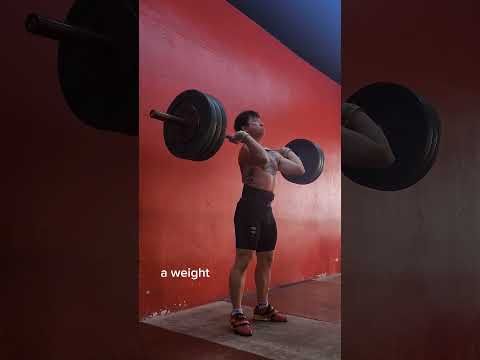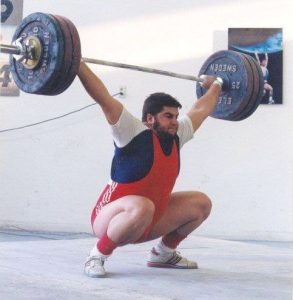
Olympic weightlifting is a demanding and dynamic sport that requires both strength and precision. Whether you are a seasoned lifter or just starting out, you are likely to encounter various challenges along your weightlifting journey. In this article, we will explore some of the most common hurdles in Olympic weightlifting and provide valuable tips to help you overcome them.
1. Perfecting Technique
One of the biggest challenges in Olympic weightlifting is mastering the technique. Proper technique is crucial for executing lifts safely and efficiently. Beginners often struggle with maintaining proper body alignment, foot placements, and bar control. Working with a qualified coach or seeking guidance from experienced weightlifters can tremendously help in perfecting your technique. Engaging in regular video analysis sessions can also provide valuable feedback on your form and help identify areas for improvement.
2. Developing Strength and Power
Building strength and power is paramount in Olympic weightlifting. Many lifters face challenges in increasing their strength and power levels. It’s essential to follow a well-designed training program that focuses on compound movements such as squats, deadlifts, and overhead presses. Incorporating exercises that target the specific muscles used in weightlifting, such as the posterior chain and core, can also be beneficial. Gradually increasing the weight and intensity of your training sessions, while ensuring proper rest and recovery, will help you overcome this challenge.
3. Overcoming Mental Barriers
Olympic weightlifting requires mental fortitude and a strong mindset. Many lifters struggle with self-doubt, fear of failure, and performance anxiety. Developing mental resilience can significantly impact your performance. Cultivate a positive mental attitude, set realistic goals, and focus on incremental progress. Visualization techniques and mindfulness exercises can also help calm your mind and enhance your concentration during lifts. Surrounding yourself with a supportive and encouraging community of fellow weightlifters can further foster mental strength.
4. Addressing Mobility and Flexibility Issues
Proper mobility and flexibility are crucial for executing weightlifting movements effectively. Many lifters face challenges related to limited range of motion, tight muscles, and joint restrictions. It is essential to incorporate mobility exercises into your training routine, focusing on areas such as the shoulders, hips, and ankles. Stretching exercises, foam rolling, and regular mobility drills can help improve your flexibility and reduce the risk of injury. Seeking guidance from certified mobility specialists or physical therapists can provide personalized solutions for addressing specific mobility issues.
5. Balancing Training and Recovery
Finding the right balance between training and recovery is key to progress in weightlifting. Overtraining can lead to fatigue, increased injury risk, and hinder overall performance. Conversely, inadequate training volume or lack of consistency can impede progress. It’s crucial to follow a well-structured training program that includes scheduled rest days and proper sleep hygiene. Incorporating active recovery methods like light cardio or mobility work can also aid in enhancing recovery. Additionally, ensuring proper nutrition, hydration, and supplementing appropriately can further optimize recovery and performance.
Conclusion
Olympic weightlifting presents unique challenges that demand commitment, perseverance, and continuous improvement. By focusing on perfecting technique, developing strength and power, overcoming mental barriers, addressing mobility and flexibility issues, and finding the right balance between training and recovery, you can conquer these challenges and achieve your weightlifting goals. Remember, progress takes time, so stay dedicated and embrace the journey in becoming the best version of yourself as an Olympic weightlifter.

